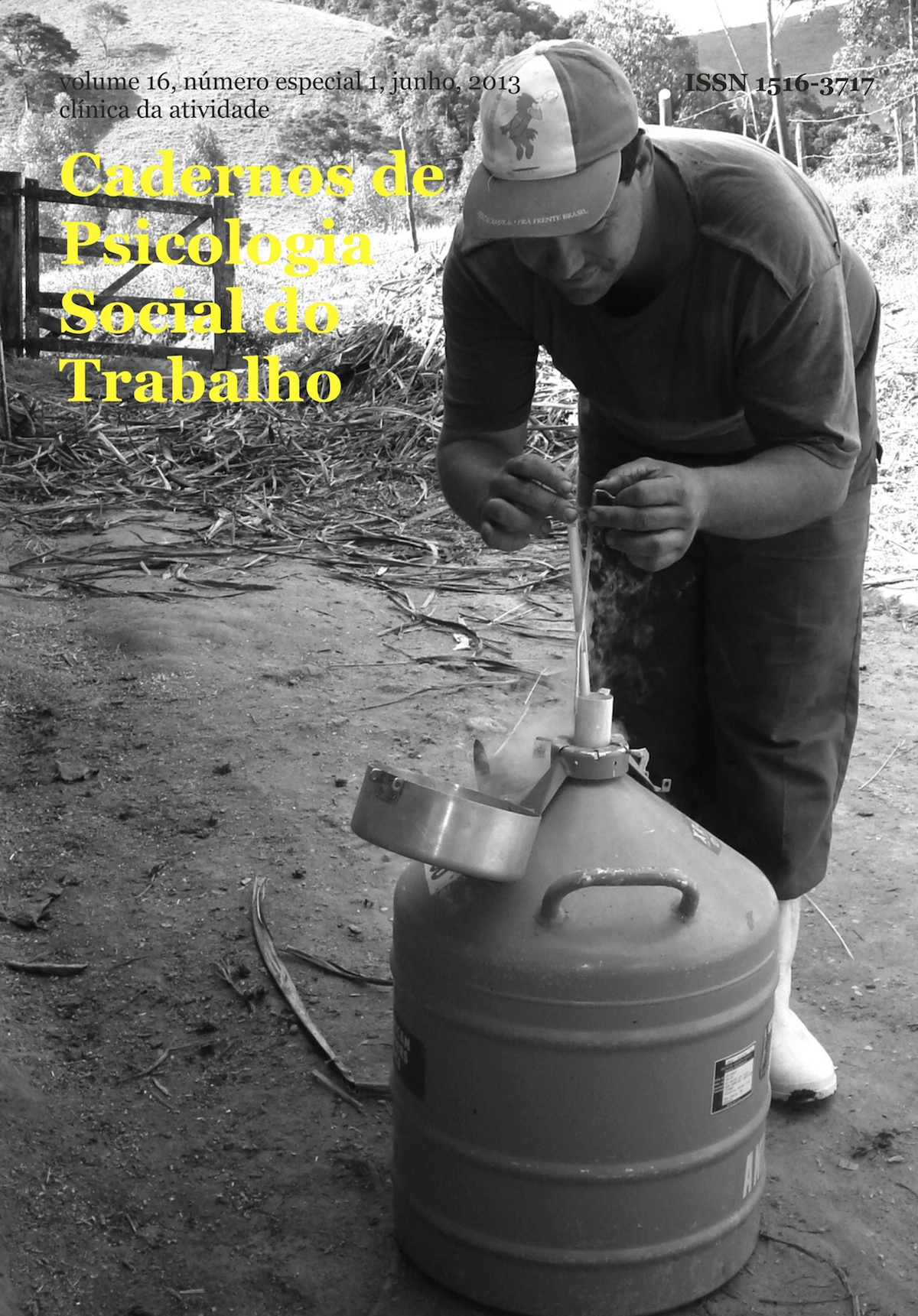Recovering the lost time: psychology and non-regulated work
DOI:
https://doi.org/10.11606/issn.1981-0490.v16ispe1p99-110Keywords:
Psychology of work, Social psychology of work, Workers’s health, History of psychology, Unemployment, Informal work.Abstract
This article describes how Brazilian psychology approaches the phenomena of the work world, identifying themes for study and practices. Work and Psychology have been dominated by an utilitarian view, requiring that psychology should generate knowledge and instruments to influence work. The influence of the utilitarian view is present in human resources management, which was its first distinct field of action, having emerged as a response to management needs and to the development of conditions for the industrialization process. Utilitarianism is possibly the reason why the study of work in social psychology failed to stand out, for its subjects were identity, subjectivity, human problems at work, gender etc. Another field that has recently been taking form is workers’ health, in response to the demand of workers unions and the inclusion of the subject of attention to workers’ Health in public health policy. Even if belatedly, psychology is trying to recover the lost time studying unemployment and all the range of activities of the “economy’s inferior circuit” (Santos, 1979/2004), including the “forgotten trades” (Rio, 1904/2008).
Downloads
Downloads
Published
Issue
Section
License







